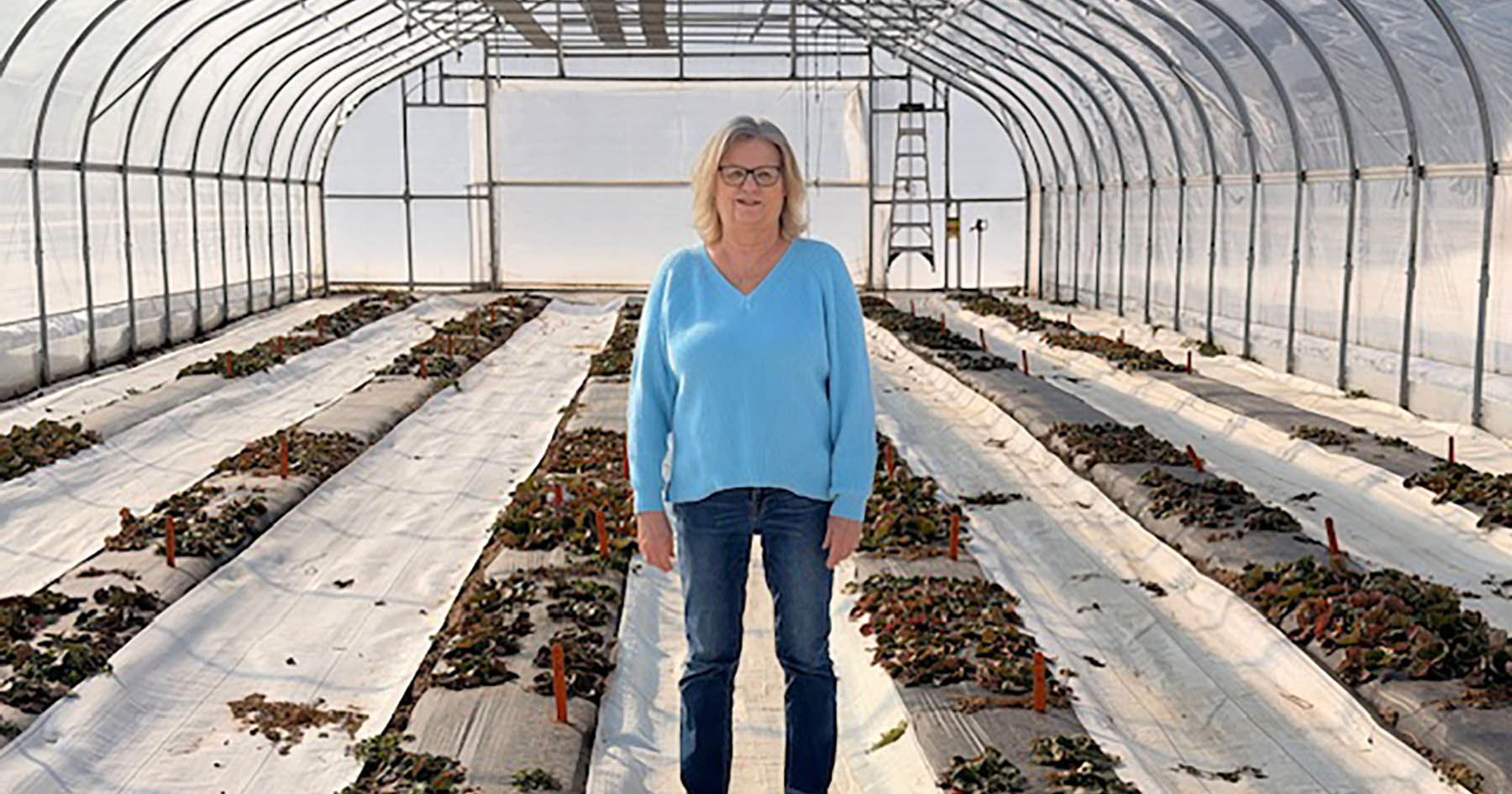Purdue experts weigh in on tariffs and recently announced $12 billion emergency aid package
On Tuesday (July 25) President Donald Trump announced a plan to offer farmers $12 billion in emergency aid to offset the effects of recent tariffs from Mexico, China, the European Union and other countries. These tariffs are generally viewed as retaliatory measures against the U.S. for increasing tariffs on certain imported goods.
Purdue University’s Agricultural Economics Department has multiple experts who have closely followed recent trade negotiations and escalating tensions from domestic and international perspectives.
“The administration has announced some short-term financial assistance for farmers adversely impacted by the tariffs. While these may be welcomed by farmers, they are not a remedy for the long-term damage that can be done to the American economy if the tariffs remain in place,” said Wallace Tyner, the James & Lois Ackerman Professor of agricultural economics.
These Purdue experts are available for media interviews regarding recent events related to trade, tariffs and trade negotiations:
* Russell Hillberry, professor of agricultural economics
Contact: rhillber@purdue.edu, 765-494-4249
Hillberry has been employed as an international economist by the U.S. International Trade Commission, where he was involved in research on U.S. trade agreements. He also previously worked for the World Bank. He can speak about the international institutions designed to mediate trade disputes.
* Farzad Taheripour, professor of agricultural economics
Contact: tfarzad@purdue.edu, 765-494-4612
Taheripour works closely with issues of trade, energy economics and resource management policy analysis. He recently published a study with colleague Wallace Tyner about the economic impact of Chinese tariffs on imported U.S. soybeans.
* Wallace Tyner, James & Lois Ackerman Professor of agricultural economics
Contact: wtyner@purdue.edu, 765-494-0199
Tyner recently published a study with colleague Farzad Taheripour about the economic impact of Chinese tariffs on imported U.S. soybeans. Tyner’s research focuses on issues of agricultural policy, energy economics and resource policy analysis.





